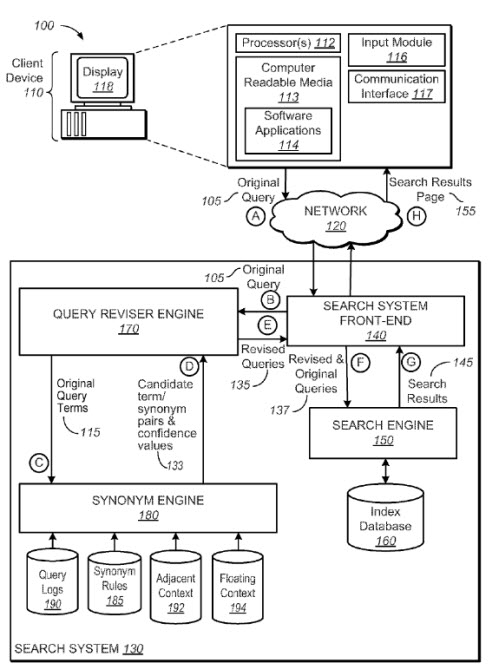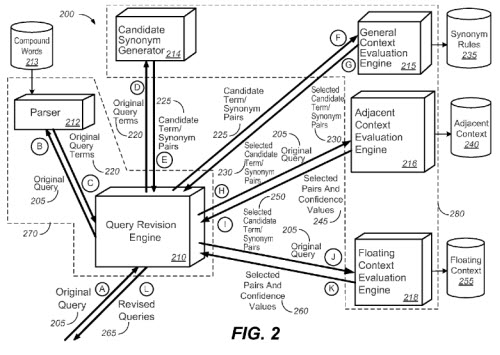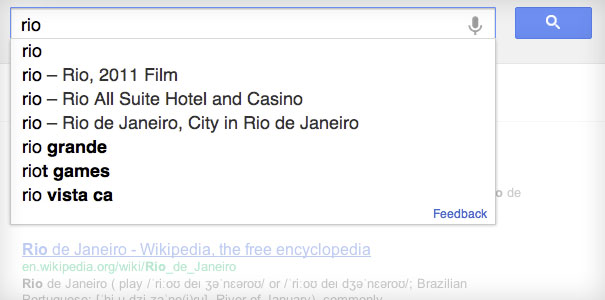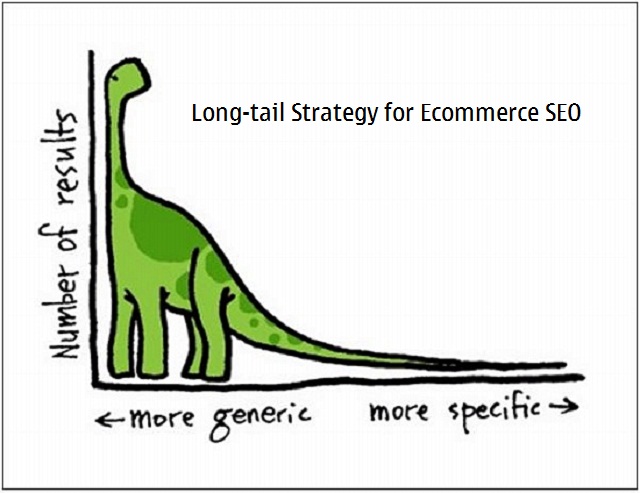 Yesterday I was lucky to attend a SEO workshop in my city and listened about Search Metrics’ report and Google Hummingbird algorithm. After the workshop, I was really excited with this new knowledge and want to share you who are operating an ecommerce business and spending nights and days doing SEO for your e-stores about the new findings. You might have to change the way you think and act about SEO today. You should love this small bird. I swear!
Yesterday I was lucky to attend a SEO workshop in my city and listened about Search Metrics’ report and Google Hummingbird algorithm. After the workshop, I was really excited with this new knowledge and want to share you who are operating an ecommerce business and spending nights and days doing SEO for your e-stores about the new findings. You might have to change the way you think and act about SEO today. You should love this small bird. I swear!
What is Google Hummingbird and how does it affect SEO
Humming bird is the name of Google’s brand new search algorithm patented on September 17, 2013 and announced on Google’s 15th birthday. The name comes from being “precise and fast”, which promised to provide faster and more precise query results.


Unlike Google Panda and Penguin which aim to lower the rank of low-quality websites and bad links, Hummingbird is Google’s effort to improve the quality of search queries.
Faster and more precise query results – especially for long-tail keywords
“Hummingbird is paying more attention to each word in a query, ensuring that the whole query – the whole sentence or conversation or meaning – is taken into account, rather than particular words. The goal is that pages matching the meaning do better, rather than pages matching just a few words.” Danny Sullivan, Founding Editor of Search Engine Land explained.
For example, if you submit the queries “What is the nearest store to buy a wooden chair for my home?” With the old search algorithm, the search engine may find websites that optimized for the words “buy” and “wooden chair”. But with Hummingbird, it understands your actual location and its task to return you the address of a brick-and-mortar store near you.
Voice Search and Conversational Search
If you keep noticed, you may see that Google has introduced many technologies related to voice, most significantly Google Glass and Search by voice.

Search by voice is the technology in which Google can understand human natural language and return the most relevant answer. Moreover, it can also speak back to you, like you are in conversation with your machine.
Though this technology is still far from perfect, especially with complicated or non-English queries, promisingly it will meet people’s satisfaction in the near future.
Improved Knowledge Graph
Google defines Knowledge Graph as how search engines are connecting the “people, places and things”. Because language can be ambiguous, it is hard for machine to differentiate, says, Rio the city, Rio the movie, or Rio the casino.

With Google Hummingbird along with Knowledge Graph, Google can match searchers’ intention with the query input, and then give relevant suggestions helping searchers more precisely express what they mean as they enter their search.
An interesting part of Knowledge Graph and Hummingbird algorithm is they can differentiate fixed contents and fresh contents. If you are searching for someone who has been recently talked about a lot on the web, Google will put breaking news and new articles ahead of the old webpage (like Wikipedia).
Why Hummingbird matters ecommerce SEO?
It is a real simple question. The old traditional way of search engine optimization for hot and competitive keywords to get the top in SERPs is no longer make you succeed. You must have better knowledge of new search algorithm and technology and notice other factors that contribute to your traffic, click through rate (CTR), conversion rate and finally revenues.
Instead of optimize for keywords, you should build more context around your content to help Google and people identify you better.
To be honest, I am not a technical geek, nor a SEO, I am only a marketer and content creator. However, based on what I’ve collected, I can give you some confident advice so you can apply to your ecommerce SEO strategy now.
What should ecommerce websites do in regard of Google Hummingbird?
1. Research your target insights
Try hard to understand your prospect questions and needs. Where they are? What they would put in the search box when they want to find something related to your products and services? The answers they would expect to see? These cues will help you to brainstorm the content you should create to drive traffic to your website.
2. Target on long tails (with deep links)
Instead of giving too many efforts on hot keywords with links points to your homepage, you should give more chances to long keys which express the topics in details
For example, instead of optimizing for “Sony Xperia acro HD SO-03D”, you can try “Sony Xperia acro HD SO-03D unlocked in Boston”. Write contents and product/service pages around these long-tail keywords and give the most educative and informative content to solve their prospect’s questions.

3. Build a community at your own assets
Build a discussion forum or a community help desk, give your customer spaces to raise questions and discussions and keep it active. Your customers may raise a lot of questions during their usage of your products/services, and other prospects may search for and trust the cases of other consumers just like them. Help them to find the answer at ease without having to go anywhere else. The question-like titles from your discussion topic pages will be a very good signal for your ecommerce SEO. Facebook fanpages or Twitter chat may help somehow, but they won’t help your website get found on Google.
4. Strengthen your presence on Google
There have a lot of things to do. However in this short post, I have some recommendations for you: claim your Google Places for Business, provide complete, up-to-date and consistent details of your local stores like addresses, products and operating hours, build your active Google+ community, encourage +1’s, build your author rank and show your expertise and authority in the community.
Google might certainly use these data and return relevant search results based on the context around your prospects. So the more precise and updated information you provide to Google database, the more chances your prospects and visitors come to you from Google searches.
5. Use microdata and schema.org markups for website
To help Google scrawl information from your website and be outstanding among competitors in search result pages, using microdata and rich snippets is a must. If you are a restaurant, at least, Google and people expect to see your location, menu, price and customer reviews. No matter how better your service compared to your local competitor, if you don’t display enough information on SERPs (but your competitors do), the chance is you will lose your traffic and customers to your competitor’s restaurant.
6. Leverage mobile technology and mobile SEO
People are searching for shops on mobile devices more and more today. Now with Google Glass and Conversional Search, Google are bringing more and more contextual factors to their algorithms to get the best satisfactory results, for example, not only a web page, but also an mobile apps, videos or a red pin on Google Maps to show on the user screen.
If you are an ecommerce business owner and you still depend on a traditional web platform on users and wait people land on your product web pages, you will be obsolete and fail, not to mention the case you still have no ecommerce website at all. (No way, isn’t it?)
Take-away
Try to understand customer insights and optimize for people, make your content natural and helpful, I bet Hummingbird and Google will love you.
Was your website rankings and traffic affected by Google Hummingbird? Do you have other ideas for better ecommerce SEO in the days ahead?



![6 Best Shopify Shipping Rate Apps [2025] shopify shipping rate](https://blog.magestore.com/wp-content/uploads/2025/03/shopify-shipping-rate-270x180.png)

1 Comment
At present the effect of the algorithm is not yet felt that much. There are still conversational searches that are not generating very relevant results because certain keywords seem to continue having a strong pull on the search algorithm